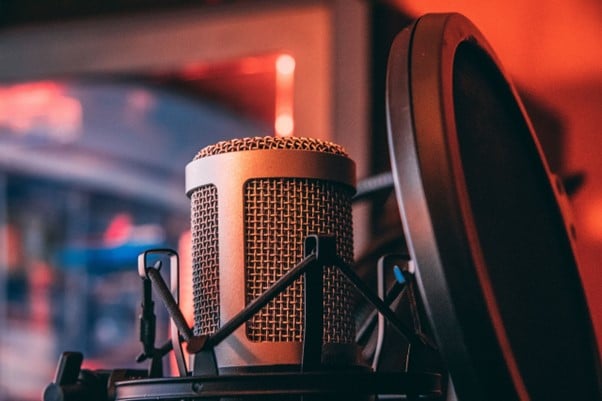Artificial intelligence is poised to play a significant role in the music industry. The ability to generate textual and auditory content has already surpassed many expectations. Moreover, the AI music industry has unlocked even more potential, such as creating songs that sound like specific existing artists.
How the AI Music Industry is Transforming the Song Creation Process?
AI technology is reshaping the music industry, offering new opportunities to music creators and performers. However, it also brings potential risks that must be addressed.
Firstly, AI can be used to create soundtracks. By accessing vast databases, algorithms can analyse musical composition characteristics, rhythms, and melodies to generate tracks of a specific style based on a given prompt. This greatly accelerates and simplifies the creative process. However, it also raises controversial discussions about copyright and the data AI relies on to generate new content.
Secondly, machine learning systems contribute to the production of new works. During the mixing and mastering stages, the AI music industry tools can now automatically fine-tune and clean up audio tracks. This is particularly useful for beginners who may lack the technical skills or experience for such tasks. Furthermore, it reduces the workload for musicians, allowing them to focus on the creative aspects of their work.
Thirdly, AI can not only generate audio content but also assist in creating lyrics. Songwriters can use these tools to find inspiration, rhyming words, or other elements to enhance their songwriting process.
Fourthly, AI enables instrumental and vocal reproduction. This revolutionary capability allows voice synthesis software to produce convincingly realistic human vocal tracks. These tools can replicate not only human voices but also the sound of instruments within a musical track.
This feature, however, presents a potential threat to musicians, as instrumentalists may lose opportunities to participate in recordings due to the ability of AI to replicate their contributions.
How the AI Music Industry Can Replicate Real Artists’ Voices in Songs?
One of the most impressive features of AI tools is their ability to recreate the voices of real performers, integrating them into musical compositions. This capability has already made waves worldwide. For instance, ABC News Live reported on a music producer who used AI tools to modify a song, making it sound as if it were performed by the globally renowned singer Adele.
Various tools for this purpose are already available. One example is the AI company Lalal’s technology, which allows users to upload their voice recordings and transform them to resemble famous voices, including those of Justin Bieber or Taylor Swift.
On one hand, this demonstrates the incredible progress of the AI music industry, as it can synthesize the voices of deceased artists, giving their work a new life. By training AI models with data from an artist’s existing songs and vocal characteristics, AI can generate and adapt a specific artist’s voice for new compositions. For example, singer-songwriter Holly Herndon created a clone of her own voice, Holly+, in 2021, making it publicly available for use.
On the other hand, this raises significant concerns about the unethical and illegal use of artists’ voices. With sufficient knowledge of these technologies, anyone can access tools to generate songs featuring famous performers. This not only creates issues of unfair use of artists’ voices but also sparks broader debates about the role of creativity in art when AI can handle much of the work. For instance, an artist known as Ghostwriter created a track using AI that imitated the voices of Drake and The Weeknd. In response, Universal Music Group, representing these artists, filed a lawsuit against the unauthorized use of their styles and voices.
These issues remain the subject of ongoing discussions, with efforts underway to find appropriate solutions and implement necessary legal regulations. When used ethically and in moderation, the AI music industry has the potential to enhance both the technical and creative stages of music production, serving as a powerful tool for generating ideas.
Final Word
While many unresolved questions remain in this field, significant technological progress is evident. The AI music industry proves beneficial not only in vocal cloning but also in various stages of the creative process across different levels. In some cases, such as synthesizing the voices of deceased artists for use in contemporary works, AI presents a promising innovation for the future.
If you are interested in this topic, we suggest you check our articles:
Sources: ABC News, Lalals, TIME, The Conversation

